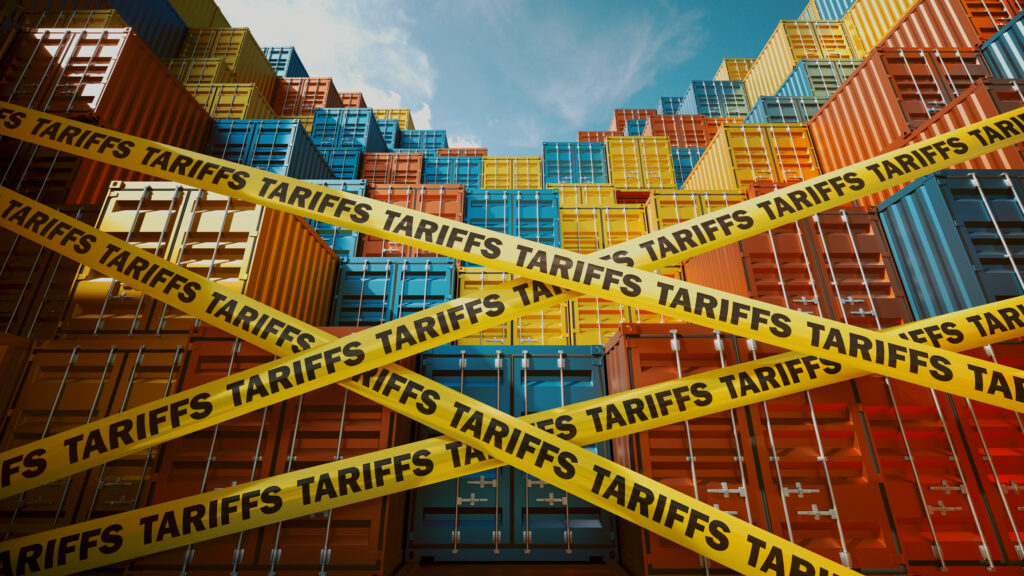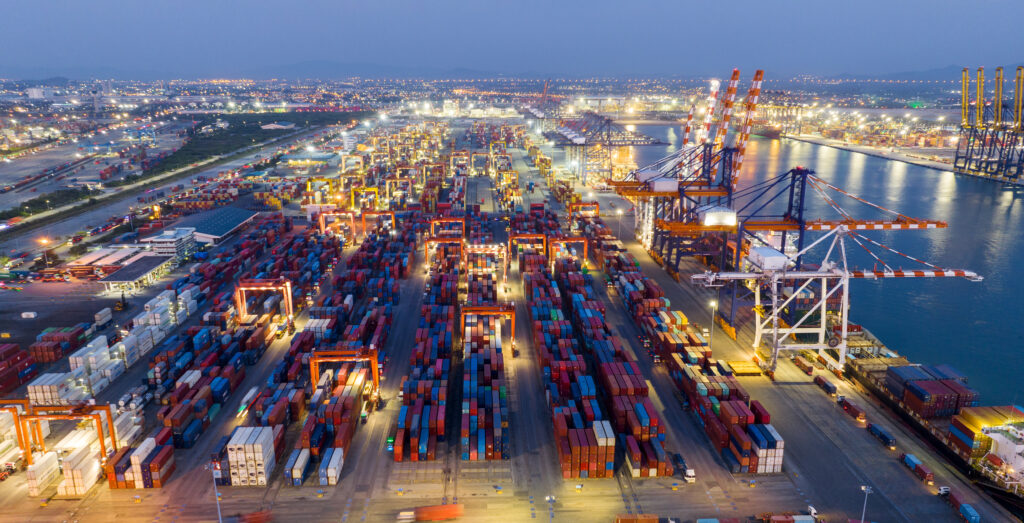In today’s volatile trade environment, an importer must do more than just manage logistics—they must navigate a complex web of sanctions, tariffs, and compliance risks. As of July 2025, several new U.S. trade sanctions and tariff policies are reshaping how businesses import goods, especially from politically sensitive or high-risk regions.
Here’s what every importer needs to know to stay compliant—and competitive.
1. New Tariffs on Key Trading Partners
The U.S. has recently imposed significant new tariffs on imports from several countries, including Indonesia (32%), Bangladesh (35%), Thailand (36%), and Japan and South Korea (25% surcharges)
These tariffs apply across all product categories, not just specific HS codes, making them especially disruptive for an importer in manufacturing, textiles, and electronics.
What to do: Reassess your sourcing strategy. If you rely on suppliers from these countries, now is the time to explore alternative markets or renegotiate contracts to offset rising costs.
2. Reciprocal Tariffs Still in Effect
Despite legal challenges, the U.S. Court of Appeals has allowed the “reciprocal tariffs” to remain in place. These include a 10% baseline tariff on imports from any country that trades with sanctioned oil exporters like Russia, Iran, or Venezuela
What to do: Check your supplier’s trade relationships. Even if your goods aren’t directly from a sanctioned country, indirect exposure could trigger higher duties.
3. Russia Sanctions Expand—Again
The U.S., EU, and UK have all expanded sanctions on Russia, targeting imports of coal, metals, aluminum, and other industrial goods
These measures are part of a broader effort to cut off revenue streams supporting Russia’s military operations.
What to do: If your supply chain includes raw materials or components from Russia—or even from countries that re-export Russian goods—review your compliance protocols immediately.
4. Syria Sanctions Partially Lifted
In a rare shift, the U.S. has lifted broad sanctions on Syria following the fall of the Assad regime. However, sanctions remain in place for individuals and entities linked to terrorism or regional destabilization
What to do: If you’re considering sourcing from Syria, proceed with caution. Use OFAC’s Sanctions List Search Tool to vet all parties involved in your transactions.
5. Compliance Is No Longer Optional
With enforcement ramping up, importers are under more scrutiny than ever. Customs and Border Protection (CBP) is increasing audits, and penalties for non-compliance can include seizure of goods, fines, and even criminal charges.
What to do: Invest in compliance tools, train your team, and work closely with your freight forwarder and customs broker. Staying ahead of regulatory changes is not just smart—it’s essential.
Final Thoughts: Turn Risk Into Opportunity
Trade sanctions can feel like roadblocks, but for a savvy importer, they’re also a chance to rethink sourcing, strengthen compliance, and gain a competitive edge. By staying informed and proactive, you can protect your business—and even find new growth opportunities.
Need help navigating the latest sanctions? Our compliance experts at PITT OHIO are here to help you import with confidence.




